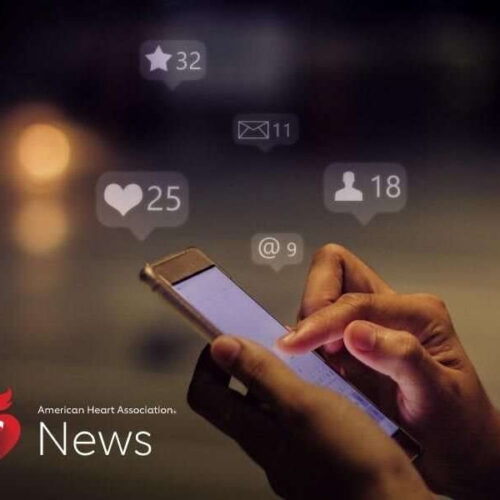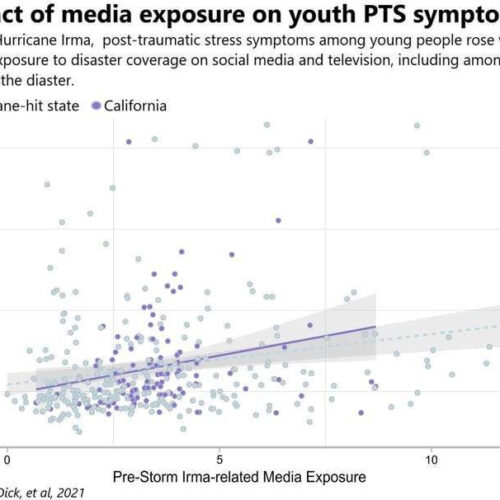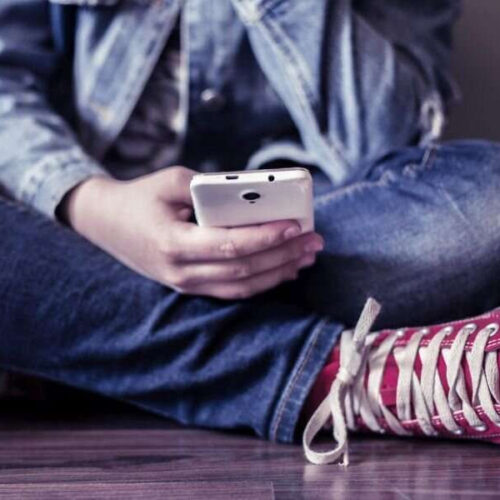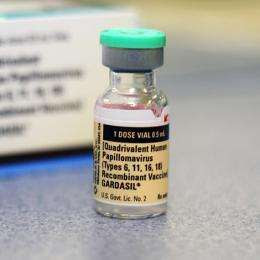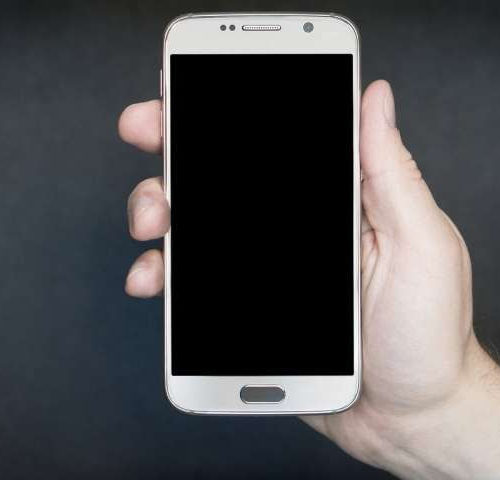by University of Sydney Credit: Unsplash/CC0 Public Domain Influencers are promoting “overwhelmingly” misleading information about medical tests on Instagram and TikTok, according to a global University of Sydney-led study published in JAMA Network Open. Researchers analyzed almost 1,000 posts about five controversial medical screening tests that had been promoted by social media influencers to almost 200 million followers. They...
Tag: <span>social media</span>
3 OUT OF 4 PARENTS AGREE SOCIAL MEDIA DISTRACTS STUDENTS
For the online study, conducted in November and December, researchers surveyed a nationally representative sample of more than 10,000 parents of K-12 students. An overwhelming majority from across racial groups—African American (70%), Asian (72%), white (75%), Hispanic/Latino (70%)—agreed that social media is a distraction. Parents of children who attend private schools (82%) were more likely...
5 questions to ask before sharing health stories on social media
by Thor Christensen, American Heart Association News When it comes to posting health information on social media, beware before you share. Experts say that’s an essential step in battling medical misinformation, an escalating problem as more people turn to social media for news, knowledge and advice about all things health-related. In the wake of rampant false...
Disaster news on TV and social media can trigger post-traumatic stress in kids thousands of miles away
by Jonathan S. Comer, Anthony Steven Dick, The Conversation When disasters strike, the flood of images on TV and social media can have a powerful psychological impact on children—whether those children are physically in the line of danger or watching from thousands of miles away. Our latest research uses brain scans to show how simply watching...
Worried about your teen’s social media use? Experts offer help
(HealthDay)—Is your teen staring at their smartphone all day? There’s many things parents can do to protect kids from the potentially negative effects of social media, experts say. While there are positive aspects to social media, there’s evidence it can pose risks to teens’ mental health due to issues such as bullying, body image concerns,...
Social media may influence parents’ views on HPV vaccination
by Tracy Cox, Pennsylvania State University Gardasil vaccine and box. Image: Wikipedia Studies by Penn State College of Medicine researchers demonstrate that misinformation on social media may affect parents’ willingness to have their children vaccinated against human papillomavirus (HPV). They also found that some parents are in favor of establishing standards for combating HPV vaccine misinformation...
Vaccine misinformation and social media
People exposed to vaccine content on social media more likely misinformed than those exposed to it on traditional media ANNENBERG PUBLIC POLICY CENTER OF THE UNIVERSITY OF PENNSYLVANIA People who rely on social media for information were more likely to be misinformed about vaccines than those who rely on traditional media, according to a study...
Review of evidence finds excessive smartphone, social media use may be linked to youth mental health
by Canadian Medical Association Journal A new article in CMAJ (Canadian Medical Association Journal) reviews evidence that suggests an association between excessive smartphone and social media use and mental distress and suicidality among adolescents. The authors say this should be among the factors considered by clinicians and researchers who work in the field of youth...
6 ways to protect your mental health from social media’s dangers
More than one-third of American adults view social media as harmful to their mental health, according to a new survey from the American Psychiatric Association. Just 5% view social media as being positive for their mental health, the survey found. Another 45% say it has both positive and negative effects. Two-thirds of the survey’s respondents believe that social media usage is related to...
Women can build positive body image by controlling what they view on social media
Social media use is often described as being problematic for mental health and body image. But is all social media use bad? Our new research shows that viewing body positive Instagram content may actually improvewomen’s body image, at least in the short term. With more awareness, social media users might be able to curate a social media environment that promotes positive body image by unfollowing or...
- 1
- 2

